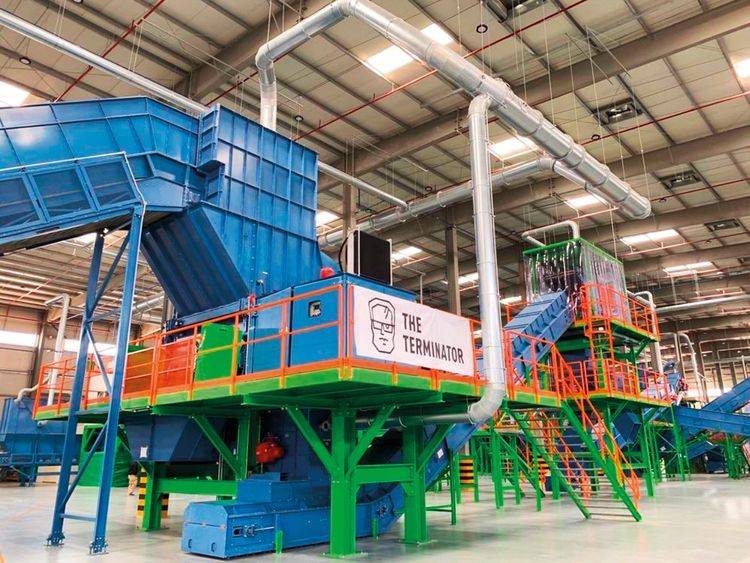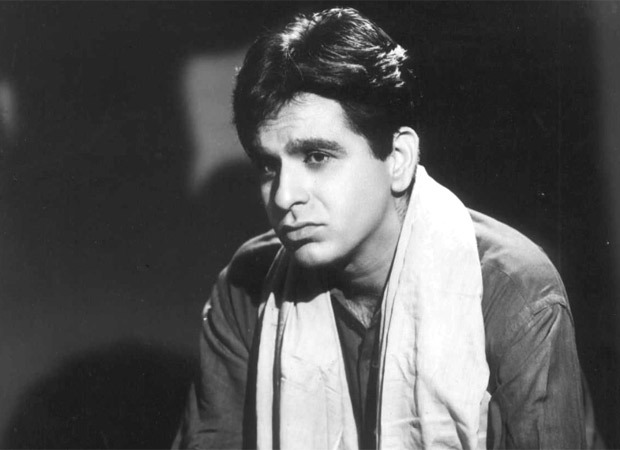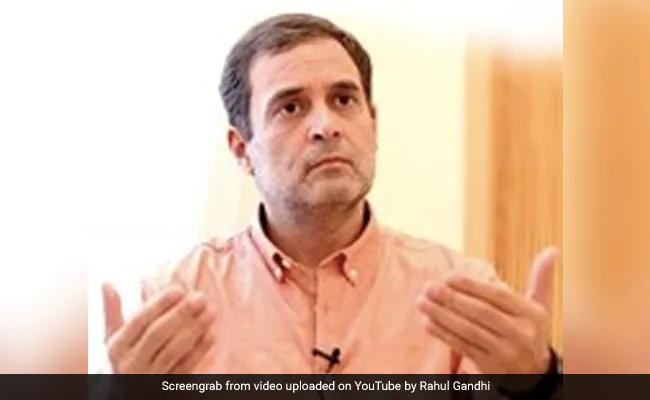
- 44 centers for sorting and collecting waste distributed in different regions
- Reducing the rate of waste generation and converting it from a burden into an economic resource
- 55 million and 345 thousand tons of construction waste were treated and recycled
Abu Dhabi: The UAE has succeeded in developing and implementing an integrated system in the field of waste treatment and recycling, in accordance with the highest internationally approved standards, as part of its unremitting efforts to achieve the goals of the national agenda seeking to reach a sustainable environment, and in a way that supports the objectives of the strategic initiative for climate neutrality 2050.
The UAE is making great efforts to reduce the rate of waste generation, and the country has made advanced strides in converting waste from an environmental burden into an economic resource by recycling it.
At the end of last year, the number of mines (waste sorting and collection centers) in the UAE reached about 44 centers distributed in various regions of the country, according to data from the Ministry of Climate Change and Environment, while the country succeeded in treating and recycling about 55 million and 345 thousand tons of waste. Demolition and construction in 2021, with a rate of more than 82 percent of the total of this type of waste, in addition to producing about 120 thousand tons of fertilizer in the same year through agricultural waste treatment operations, in addition to converting about 92 tons of municipal solid waste into energy, and processing About one million and 778 thousand tons of general industrial waste (non-hazardous).
According to the United Nations, humanity generates more than two billion tons of municipal solid waste annually, 45 percent of which is not well managed, and this figure is expected to increase to nearly 4 billion tons by 2050.
This file is one of the most important and prominent files that will be discussed during the Conference of the Parties to the United Nations Framework Convention on Climate Change (COP28), which will be held from November 30 to December 12 of this year in Expo City. Dubai.
The theme of “The Path to Achieving Climate Neutrality” within the recently launched “National Sustainability” campaign, coinciding with the preparations for “COP28”, reviews the UAE’s efforts to confront climate change in order to achieve the goals of climate neutrality, in addition to highlighting initiatives and stories National success in the field of sustainability.
Integrated waste management
The UAE launched a set of innovative initiatives and procedures through which it promoted interest in waste recycling, of all kinds, including the integrated waste management initiative, which is in line with the eleventh goal of the sustainable development goals to make cities and human settlements inclusive, safe, resilient and sustainable, and the second goal 11 of ensuring sustainable consumption and production patterns.
Within the framework of this initiative, the UAE issued Federal Law No. 12 of 2018 regarding integrated waste management, which is the first legislation of its kind at the federal level, encouraging the establishment of recycling plants and recovering the maximum amount of recyclable waste.
In 2021, the Council of Ministers issued a decision regarding the executive regulations of Federal Law No. 12 of 2018 regarding integrated waste management, which includes defining the responsibilities and roles of the authorities concerned with waste management, the responsibility of the waste producer and supplier, and the technical and regulatory requirements for landfills.
National database
In 2018, the UAE launched the national electronic waste database, which works to collect all available information at the Ministry of Climate Change and Environment and the competent authorities on waste generated of all types and classifications, in all emirates of the country, to work on managing it scientifically by analyzing this data.
As part of the efforts of the Ministry of Climate Change and Environment to achieve sustainability for the environmental sector, the Ministry issued a decision in 2019 to use alternative fuels resulting from waste treatment operations (RDF) in cement factories. In the same year, it issued a decision to use recycled construction and demolition waste in road and infrastructure projects. .
In 2021, the UAE launched the Circular Economy Policy 2021-2031, which is a comprehensive framework that defines the UAE’s directions in achieving sustainable management and effective use of natural resources.
Waste free schools
The Waste Free Schools project is one of the transformative projects within the performance agreements of the federal government agencies for the year 2022, which were signed in the presence of His Highness Sheikh Mohammed bin Rashid Al Maktoum, Vice President, Prime Minister and Ruler of Dubai, may God protect him. The performance agreements represent qualitative projects that move the country towards the future and enhance its competitiveness.
The Ministry, in cooperation with its partners in the project, is implementing education and awareness workshops for school students and teaching staff, providing containers for sorting waste and using modern technology to deal with waste in selected schools.
Marine litter monitoring
Last April, the Ministry of Climate Change and Environment launched an integrated program to monitor plastic waste in the marine and coastal environment of the UAE, by implementing a set of scientific studies and benefiting from its results in strengthening efforts to limit the spread of this waste.
These studies focus on using a wide range of methods to measure the quantities and sizes of plastic in sea water and the country’s beaches.
Turning waste into energy
The waste recycling industry in the UAE has witnessed important developments in the past few years, as its size and scope expanded, and included most types of recyclable waste, including electronic waste, plastic waste, used car tires and batteries, waste from aluminum smelters, green waste, and spent oils.
The year 2022 witnessed the UAE entering a new phase in the process of promoting clean energy production and efforts to reach climate neutrality by producing the first kilowatt of electricity through waste treatment, with the opening of the Sharjah waste-to-energy plant, which is the first of its kind in the Middle East.
In Dubai, the Dubai Waste Treatment Center project in the Warsan region stands out, which is considered one of the largest stations in the world for converting waste into energy, as its capacity will reach 5,666 tons of municipal solid waste produced by the Emirate of Dubai per day, and about 1,900,000 tons of waste will be converted annually into renewable energy in 2024.
In 2021, the Department of Energy in Abu Dhabi launched the “Energy from Waste Policy” with the aim of supporting the Emirate of Abu Dhabi’s transition towards a more sustainable economy by strengthening the role and importance of the circular economy.
The Emirate of Abu Dhabi is working on establishing a waste-to-energy plant with a capacity of 900,000 tons/year to treat municipal solid waste generated in the emirate and divert it from landfills.
The Ministry of Climate Change and Environment has also operated a model plant for the treatment of municipal solid waste and the production of alternative fuels, with a production capacity of 300,000 tons annually. The services of this station cover the emirates of Ajman and Umm Al Quwain.
Recycle organic waste
Last year, the UAE witnessed the launch of the first project in the region to recycle organic waste and use it in the production of animal and fish fodder using insects.
The project relies on the cultivation and use of “black soldier fly” insects that feed on food leftovers, then themselves become animal feed, and their excrement is turned into organic fertilizer.
As part of the UAE’s endeavor to enhance environmental sustainability, the UAE government has set a resolution regulating the use of single-use products in the country, as a total ban will be applied to all single-use plastic bags in the country by 2024, and other single-use bags by 2026.




